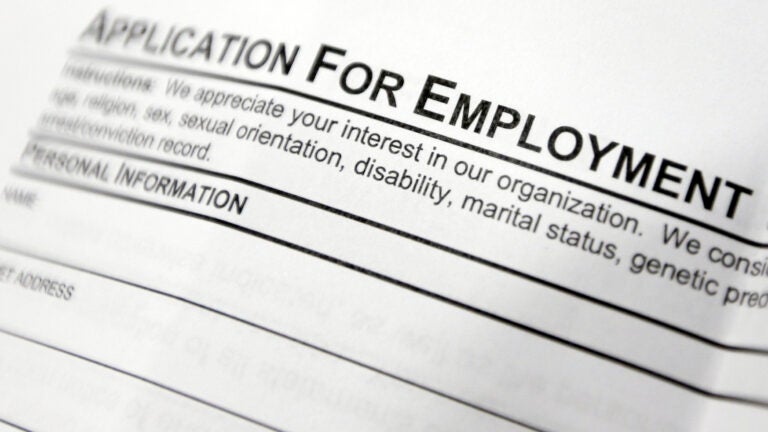Feds suspect vast fraud network is targeting U.S. unemployment systems
The attackers have used detailed information about U.S. citizens, such as social security numbers that may have been obtained from cyber hacks of years past, to file claims on behalf of people who have not been laid off, officials said.

SEATTLE — A group of international fraudsters appears to have mounted an immense, sophisticated attack on U.S. unemployment systems, creating a network that has already siphoned millions of dollars in payments that were intended to avert an economic collapse, according to federal authorities.
The attackers have used detailed information about U.S. citizens, such as social security numbers that may have been obtained from cyber hacks of years past, to file claims on behalf of people who have not been laid off, officials said.
With many states rushing to pay claims, payments have gone straight to direct-deposit accounts. In Washington state, the agency tasked with managing unemployment claims began realizing the extent of the problem in recent days when still-employed people called to question why they had received confirmation paperwork in the mail.
Investigators from the U.S. Secret Service said they had information suggesting that the scheme was coming from a well-organized Nigerian fraud ring and could result in “potential losses in the hundreds of millions of dollars,” according to a memo obtained by The New York Times.
The Secret Service memo said Washington state had emerged as the primary target thus far, but there was also evidence of attacks in Florida, Massachusetts, North Carolina, Oklahoma, Rhode Island and Wyoming. The agency warned that every state was vulnerable and could be targeted, noting that the attackers appeared to have extensive records of personally identifiable information, or PII.
“It is assumed the fraud ring behind this possess a substantial PII database to submit the volume of applications observed thus far,” the memo said.
States may be particularly vulnerable as they work to rush payments to people who have lost their jobs. Many states have long built in lengthy reviews to help weed out fraudulent claims, but as more people have suddenly become eligible and the need for speedy payments becomes urgent, some states have tried to eliminate those delays.
U.S. Attorney Brian Moran in Seattle said his office was working with other agencies to track down and prosecute the people submitting false claims. But he also said the state needed to “address and fix vulnerabilities in their system.”








Conversation
This discussion has ended. Please join elsewhere on Boston.com